A decade ago, early Bitcoin supporters traded directly on forums—no exchanges, no complicated KYC, just peer-to-peer trust. Later, centralized exchanges (CEX) emerged, offering convenience but also risks—Mt.Gox hacks, FTX collapses, user funds being misused… Each crisis reminded us: Is it really safe to hand over assets to third parties?
Then came decentralized exchanges (DEX). Here, no middlemen control your funds; trades happen directly on the blockchain, governed by code. From Uniswap’s automated market makers (AMM) to XBIT’s high-leverage derivatives, DEX is changing the game, making markets more transparent and free.
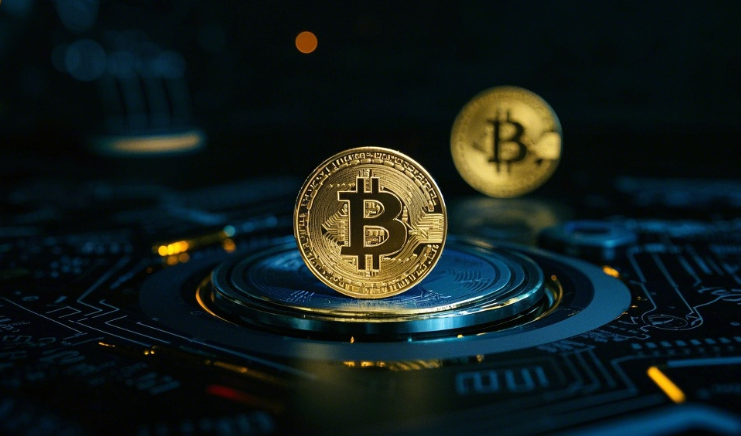
The Core of DEX: Code Replaces Trust
Traditional finance relies on banks, brokers, and government backing, while DEX derives trust from mathematics and blockchain technology. Its key advantages are:
(1) Users Fully Control Their Assets
On DEX, your private keys mean your assets. No platform can freeze or misuse your funds—even if the exchange shuts down, your tokens remain secure.
(2) Transparent, Verifiable Rules
All transactions are recorded on the blockchain, open for anyone to audit. No more "backroom deals" or "stop-hunting"—prices are determined by real market supply and demand.
(3) Smart Contracts Automate Execution
Order matching, settlements, and fee distributions are all handled by code, without human intervention. For example, anyone can provide liquidity on Uniswap’s pools and earn trading fees.
When FTX collapsed in 2023, DEX trading volume surged by 300%, proving the market’s demand for decentralization.
The Evolution of DEX: From Simple Swaps to a Full Financial Ecosystem
Early DEXs only offered basic token swaps, but today’s DEXs have evolved into complete financial ecosystems:
Traditional exchanges rely on professional market makers, while DEXs let ordinary users provide liquidity. Deposit tokens into Uniswap’s pools and earn fees—often outperforming bank interest rates.
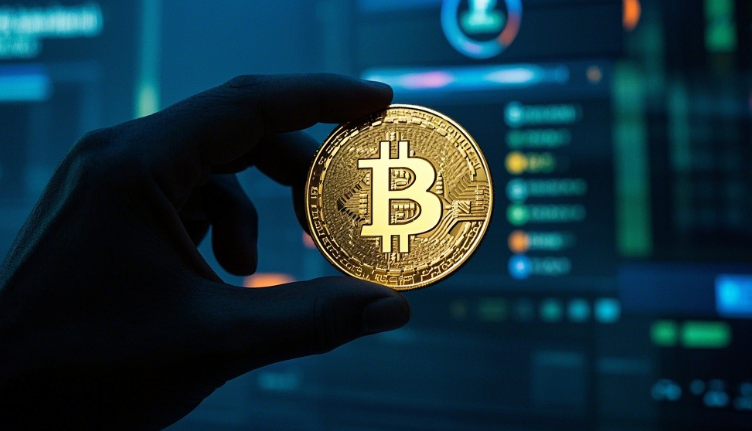 Platforms like XBIT offer no-margin perpetual contracts, using oracles to adjust prices in real time, drastically reducing liquidation risks.
Platforms like XBIT offer no-margin perpetual contracts, using oracles to adjust prices in real time, drastically reducing liquidation risks.
In the past, tokens on different blockchains couldn’t trade directly. Now, with cross-chain bridges, you can swap Solana tokens on Ethereum, breaking down blockchain silos.
Even more surprising, DEXs are embracing meme culture. On XBIT, Pepe (PEPE) holders get trading fee discounts for creating original memes—turning meme coins from pure speculation into community-driven cultural assets.
Challenges for DEX: Balancing Decentralization and Usability
Despite their potential, DEXs still face three major hurdles:
(1) Slow Speeds & High Fees
During Ethereum network congestion, Uniswap gas fees can hit hundreds of dollars. Layer 2 solutions (like Arbitrum, Optimism) and high-speed chains like Solana are solving this, making transactions faster and cheaper.
(2) Regulatory Pressure
The EU’s MiCA regulations require DEXs to collect user data, but platforms like XBIT use zero-knowledge proofs to comply while preserving privacy.
(3) Steep Learning Curve
Early DEXs required manually entering token contract addresses, leading to errors. Modern interfaces like PancakeSwap simplify the process, even supporting credit card purchases for beginners.
These improvements aren’t compromises—they’re necessary steps to bring decentralized trading to the masses.
The Future: Will DEX Replace Traditional Finance?
DEX’s potential might be bigger than we imagine:
Future DEXs could aggregate liquidity across all exchanges, letting an African farmer buy Brazilian agri-tokens with local currency, with algorithms optimizing exchange rates in real time.
Through DAOs (decentralized autonomous organizations), users vote directly on fee structures, listing rules, and more. For example, Uniswap’s DAO once approved using fees to buy back tokens, boosting prices by 40%.
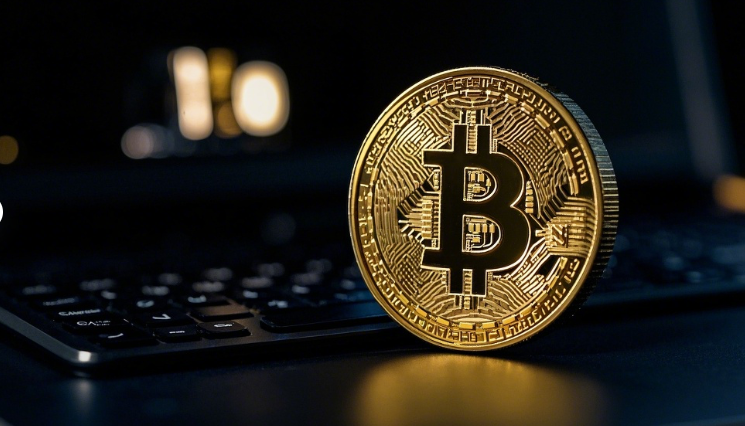
XBIT is already testing tokenized gold and bonds. Soon, you might use ETH to trade Fed rate decisions or hedge stock market swings with BTC—a true "on-chain Wall Street."
A New Era of Financial Freedom
Satoshi’s vision for Bitcoin was about giving individuals financial sovereignty. With DEX’s rise, that vision is closer than ever.
Here, no bankers control your money, no brokers manipulate markets—code enforces the rules, and you hold your assets. DEX isn’t just a tech innovation; it’s a revolution in financial freedom.
The future is here—it’s just not evenly distributed yet. And DEX is the key to unlocking it.













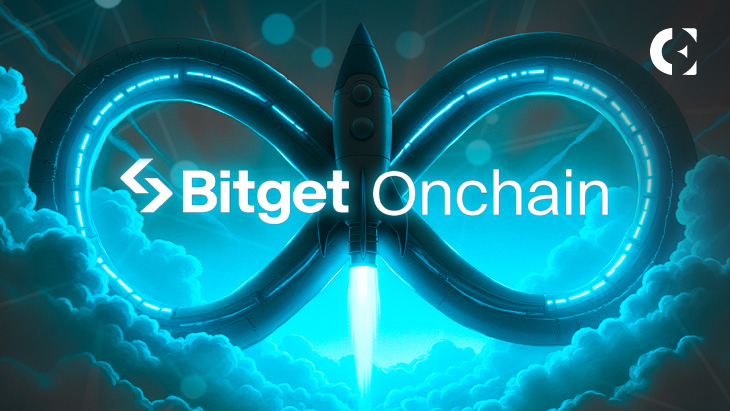

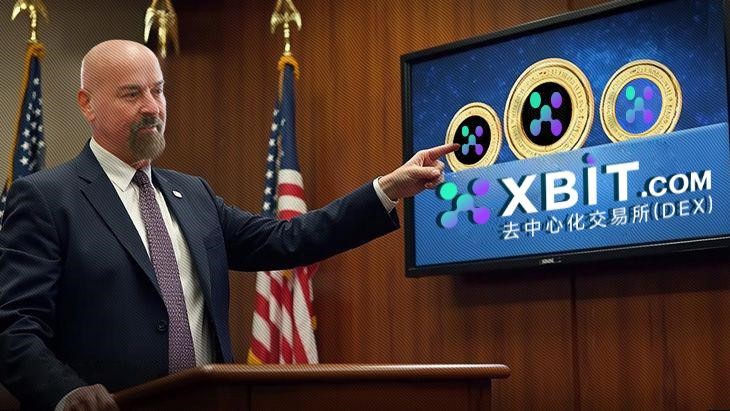
No comments yet